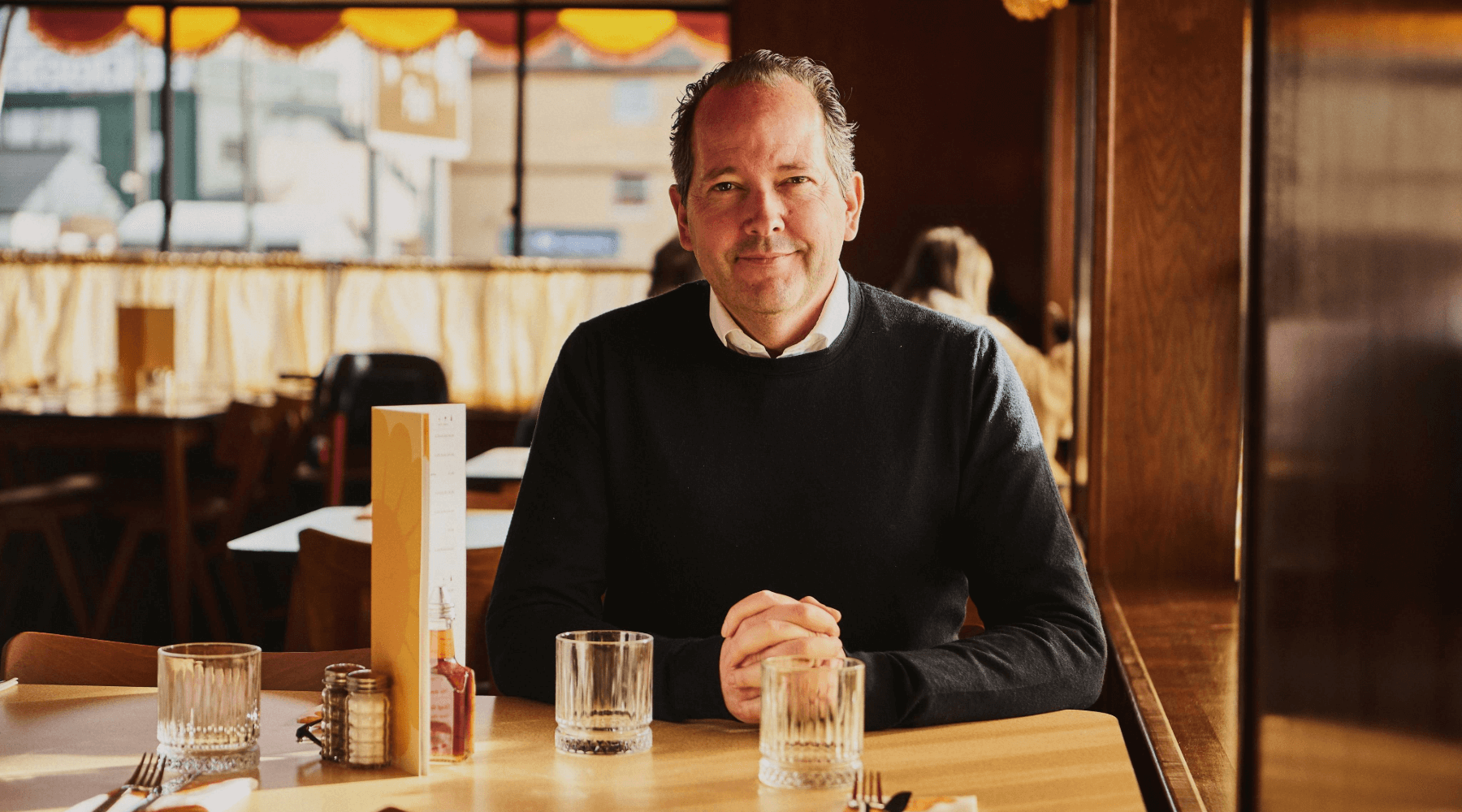Budget 2025: What It Means for Hospitality
Posted by Emma on 30th Oct 2024 Reading Time:
The recent Autumn Statement, delivered by Chancellor Rachel Reeves, outlines Labour’s first Budget in 14 years and introduces sweeping changes for the hospitality sector. Among the key proposals are significant adjustments to minimum wages, National Insurance contributions, and business rates, which have prompted a mixture of support and caution from hospitality industry leaders.
 Lauren Hurley / No 10 Downing Street, OGL 3, via Wikimedia Commons
Lauren Hurley / No 10 Downing Street, OGL 3, via Wikimedia Commons
Minimum Wage Increases
One of the most substantial changes for April 2025 is a 6.7% increase in the National Living Wage for workers over 21,moving from £11.44 to £12.21 per hour. Younger workers, aged 18 to 20, will see their minimum pay rise from £8.60 to £10 an hour, representing the most significant single hike on record. Apprentices will also benefit from an increase, increasing their minimum rate from £6.40 to £7.55 per hour. Please read our full breakdown of wages here.
Rachel Reeves explained that these adjustments reflect guidance from the Low Pay Commission, which considered cost of living factors for the first time. The wage hikes, however, come with an estimated £1.9 billion increase in wage costs for the hospitality sector. While UKHospitality acknowledged that businesses are committed to supporting higher wages, it emphasised that assistance is needed to manage these rising costs.
National Insurance Contributions
The Budget also increases employers’ National Insurance contributions from 13.8% to 15%, a measure expected to come into force in April 2025. In tandem, the threshold at which businesses start paying National Insurance will drop from £9,100 to £5,000. Acknowledging the impact of this decision, Reeves remarked, “I know this is a difficult choice … I do not take this decision lightly.”
On a positive note, the employment allowance, which helps smaller businesses lower their National Insurance bills, will increase from £5,000 to £10,500. Reeves indicated this change would help keep costs steady or even reduce them for over a million businesses. Despite this measure, UKHospitality Chief Executive Kate Nicholls raised concerns, highlighting the mounting pressures on companies that “are already grappling with big increases in employment costs.” According to Nicholls, the increased taxes will likely lead to job and investment cuts, which could dampen industry growth.

Alex Reilley, executive chairman and co-founder of Loungers Group, (image source & copyright www.loungers group)
Business Rates Reform
Changes to business rates were another focal point of the Autumn Statement. The government plans to introduce two permanently lower tax rates for retail, hospitality, and leisure properties starting from the 2026/2027 tax year. The existing 75% business rates discount, scheduled to end in April 2025, will be replaced by a 40% discount, capped at £110,000 per business, for 2025/26.
Kate Nicholls noted that while some relief was extended, the reduced discount remains challenging for operators. “The reduced level of 40% is another cost that businesses have to deal with,” she stated, stressing that many small and medium-sized operators will still face higher rates in April. John Webber, head of business rates at Colliers, described the 140%increase for ratepayers across the retail, hospitality, and leisure sectors as “a dismal day for the high street.”
Alcohol and Air Passenger Duties
A modest cut in draught beer duty, set at 1.7%, is scheduled to come into effect next February, although Reeves’ claim of “a penny off the pint in the pub” has been met with scepticism by pub groups who cite other rising operational costs. Simultaneously, alcohol duty rates on non-draught products will increase by 2.7%.
Air passenger duty, which Reeves argued had failed to keep up with inflation, will also see adjustments. Economy-class short-haul flights will incur an additional £2 charge, while passengers on private jets will face a more significant duty hike of 50%, equivalent to £450 per passenger.

Emma McClarkin, CEO of the British Beer and Pub Association (image source & copyright British Beer and Pub Association)
Voices from the Industry
The response from industry figures has been mixed, with a prevailing sentiment that the Budget may impede, rather than stimulate, growth within the sector. Alex Reilley, executive chairman and co-founder of Loungers Group, expressed frustration on X, calling it an “anti-business, anti-entrepreneurial” budget that unfairly burdens high street businesses. Kate Nicholls, meanwhile, warned that the cumulative impact of higher National Insurance and wage costs could“hamper growth” rather than foster it. She also highlighted an impending “£3 billion” tax increase facing the sector.
Nick Summers, Managing Director of NCASS, echoed these concerns, emphasising the strain on independent businesses. Summers expressed disappointment over the lack of VAT reform and criticised the reduction in business rates relief by 35%, a change he believes will hinder any recovery within the sector.
Emma McClarkin, CEO of the British Beer and Pub Association, acknowledged the government’s efforts to extend business rate relief but cautioned that these measures might not be enough to ensure future growth. McClarkin called on the government to accelerate the implementation of permanent business rate reforms, which she argued could unlock further investment in high streets and help pubs “serve their communities.”

UKHospitality Chief Executive Kate Nicholls (source & copyright UKHospitality)
What Remains Unaddressed
Noticeably absent from the Budget was a reduction in VAT for hospitality businesses, a point of contention for the industry. UKHospitality had also called for an increase in planning officers to help expedite application processes, which the government did not address directly, opting to promise “ambitious planning reforms” in Phase 2 of its spending review.
As industry leaders and businesses digest these new measures, the broader question remains: will these policies support a thriving hospitality sector, or could they risk curbing its growth in a time of post-pandemic recovery?

